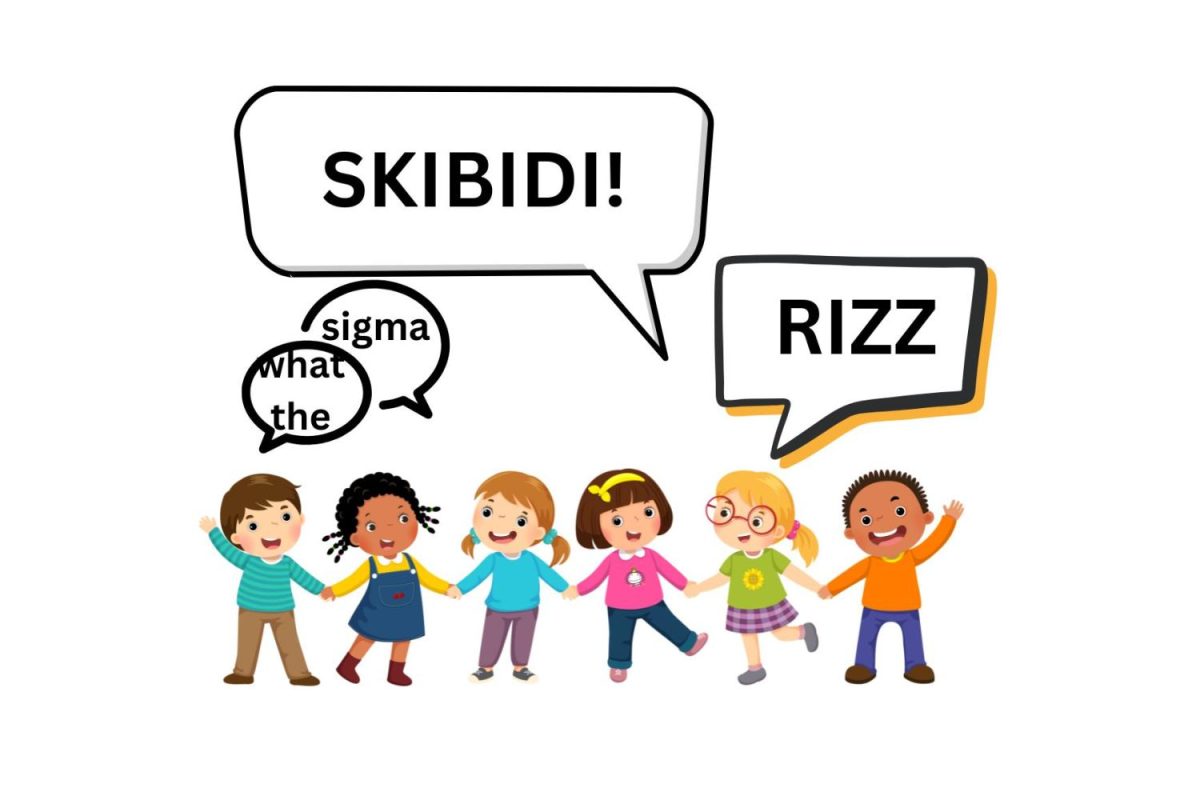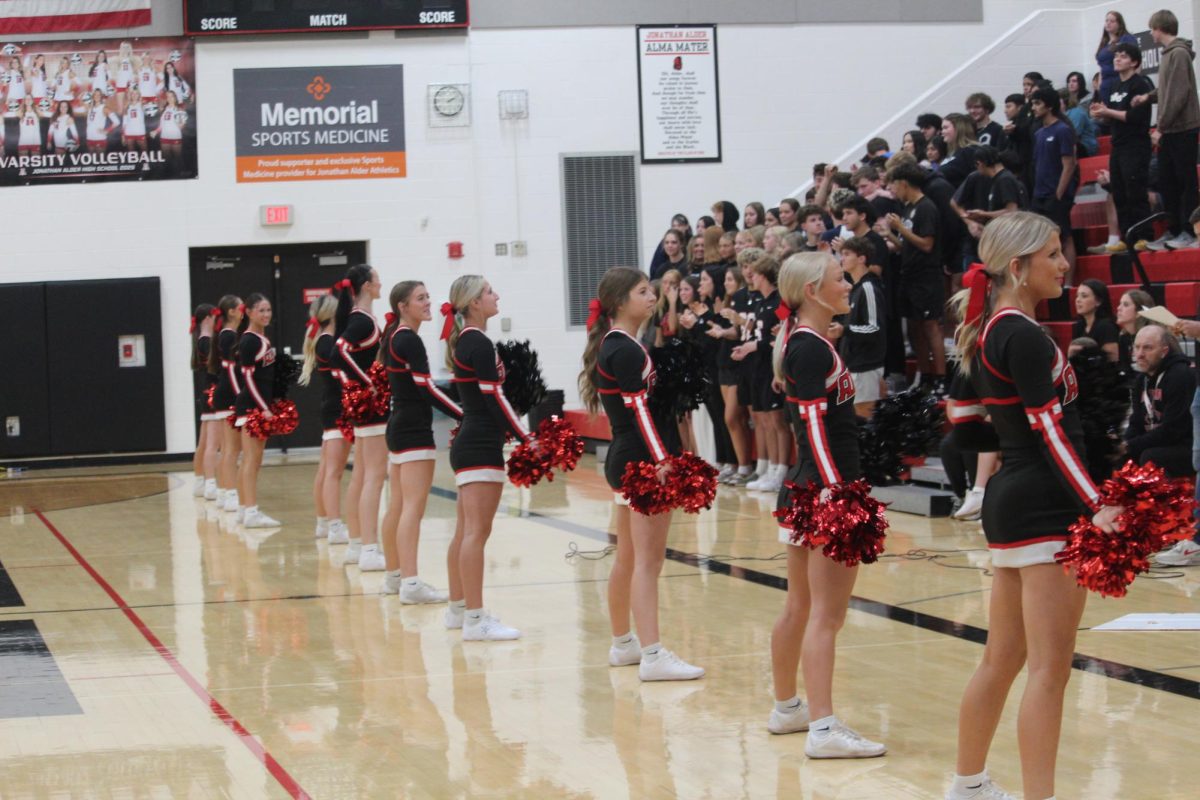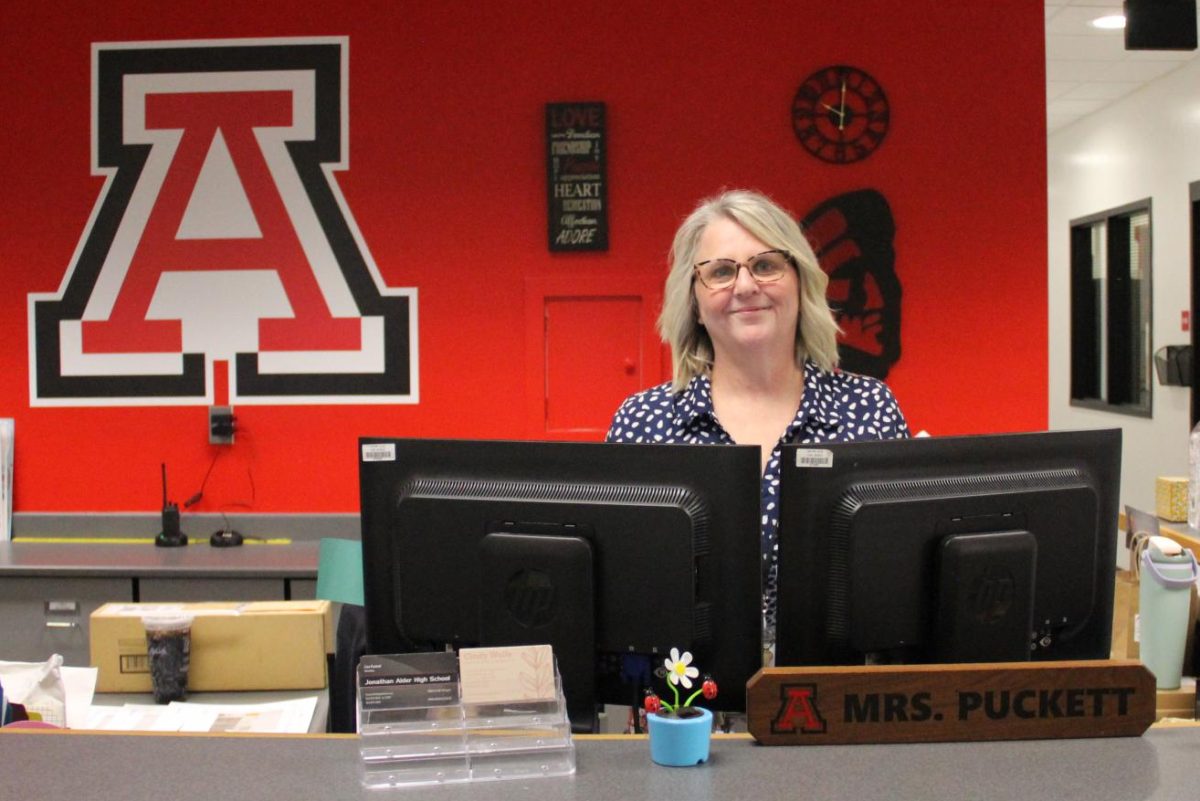Cultural and social advances have allowed for a new vocabulary system to emerge in young students, specifically Generation Alpha, leaving older generations to either adapt or be confused.
Popular slang or short-hand has become more common across different contexts, and Gen Alpha, which ranges from 2010-2024, has certainly come up with the more creative terms, including a name for their slang: brain rot.
Most of the “brain rot” slang originates in and spreads through social media platforms like TikTok, YouTube, and Instagram, as well as their creators. One such instance is a CGI youtube series titled “Skidibi Toilet” made by content creator DaFuq?!Boom!
At Alder, current freshman are clearly Gen Alpha, while sophomores and juniors are on the border, and people who land on the edge of generations often are a sort of no man’s land, where they have characteristics of both generations.
According to generation.com, these people are sometimes called cuspers: “they share values and traits with the two generations they’re sandwiched between.”
23 year JAHS teacher Wendy Hall talks about how in the past she has seen how most of the slang comes from the upperclassmen and trickles down, however, with brain rot, it seems to be going in reverse.
“I don’t know if [Gen Alpha is] generating it more, or they’re just so much more socially engaged online that it carries over their daily conversations.”
Time online is certainly a factor.
Freshman Henry May says he is on social media “2 hours at most.” Meanwhile, an “embarrassed and working on it,” senior Kyra Neeley says that her time is closer to 5 hours.
This new set of vocabulary has been full of pop cultural references, as well as integrating less relevant language and giving it new life.
One of these less relevant terms given new life is the word “demure.” TikToker Jools Lebron used the phrase “so demure, so modest, so polite” in her video with the caption, “How to be demure at work” that she posted Aug. 2.
One of the most well-known “brain rot” slang words is “rizz.” With origins linked heavily to the word “charisma,” this new term has taken the world by storm in replacement for the irrelevant previous definition for flirtatious proficiency.
“Rizz” was voted the 2023 Word of the Year by Oxford English Dictionary, showing the level to which this new vocabulary is taking over.
May says there are some contexts where using the new slang doesn’t make sense. “I think it’s usually fine to use brian rot around your friends,” he says, “but most people, its weird.”
Hall says that it throws her off when students use the language in class: “it’s like, I do not compute,” she says. “I’m doing a quick replay of my mind. What did they say? And they’re like, ‘Ohio.’ That’s where I live. That’s my response.”
Hall has noticed an increase in use of slang in educational and professional environments.
“It worries me because I know generationally, my parents would have no idea what some of these kids were talking about at all,” Hall says. “And sometimes we change the meaning of a word, which then, how do you use that? So it’s interesting in that there’s been a huge transition. And again, is it being used socially or is it being used academically? And I think we have to figure that part out.”








